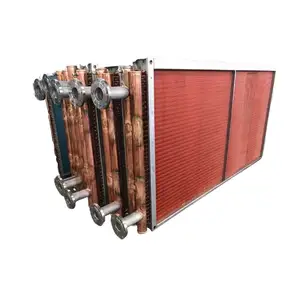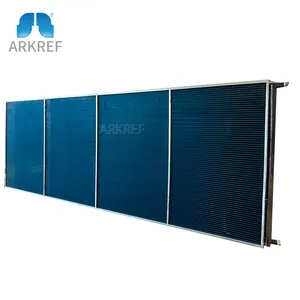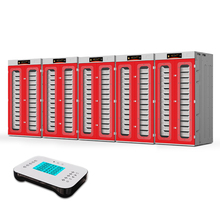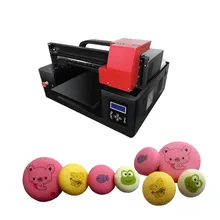Introduction to Condensing Coils
Condensing coils are critical components in various refrigeration and heat exchange systems. These coils play a pivotal role in the condensation process, where they facilitate the transfer of heat and enable the conversion of gas or vapor into a liquid form. Their application spans across numerous industries, from HVAC systems to commercial refrigeration, showcasing their versatility and importance in thermal management solutions.
Types and Applications
Diverse in type, condensing coils come in several configurations, including helical, spiral, and plate types, each serving specific applications. For instance, helical coils are often found in residential air conditioning units, while larger, more complex configurations are utilized in industrial-scale refrigeration. The adaptability of these coils to various systems underscores their utility in maintaining operational efficiency across different equipment.
Material and Design Innovations
The materials used in manufacturing condensing coils are selected for their durability and thermal conductivity. Common materials include copper, aluminum, and stainless steel, each offering a balance of strength and efficient heat transfer. Innovations in design have led to enhanced surface area and improved corrosion resistance, ensuring that these components can withstand harsh conditions and maintain their functionality over time.
Features and Advantages
Condensing coils are engineered to be resilient against extreme temperatures and humidity, attributes that significantly extend their service life. The incorporation of advanced technologies in their design allows for improved heat exchange efficiency, which is crucial in systems where temperature control is paramount. Their resistance to rust and corrosion is another advantage, making them a reliable choice for long-term use.
Compatibility and Specifications
Compatibility is a cornerstone of condensing coil design, allowing for their use in a broad spectrum of equipment without the need for extensive modifications. These coils are crafted to meet rigorous industry specifications, ensuring that they align with the operational demands of the equipment they are integrated into. This compatibility is essential for maintaining the performance of the systems they serve.
Choosing the Right Condensing Coil
Selecting the appropriate condensing coil requires a thorough understanding of the system's needs and the environmental conditions it will operate in. Prospective buyers should consider factors such as coil size, material, and type to ensure optimal performance and longevity. While Alibaba.com does not manufacture these components, the platform offers a vast selection from various suppliers, enabling buyers to find the right match for their requirements.
Condensing coils are essential for efficient thermal management in refrigeration and heat exchange systems. With a range of
materials and
designs, these coils are tailored to meet diverse
industry specifications and
compatibility requirements. When selecting a
condensing coil














































 浙公网安备 33010002000092号
浙公网安备 33010002000092号 浙B2-20120091-4
浙B2-20120091-4